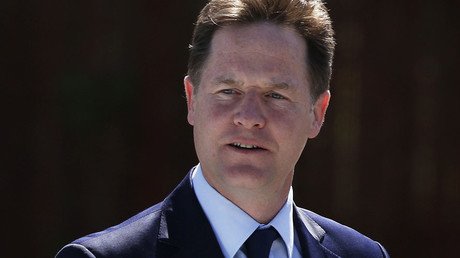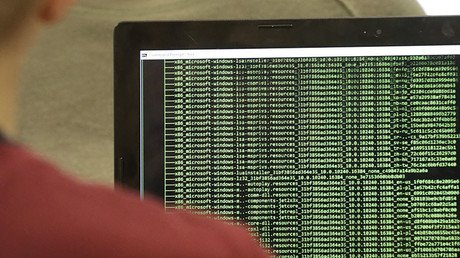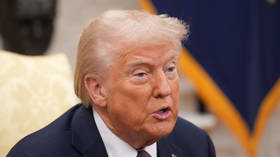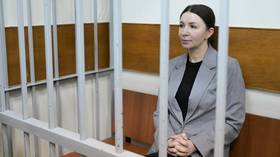GCHQ ‘equipment interference’ legal under human rights law – tribunal
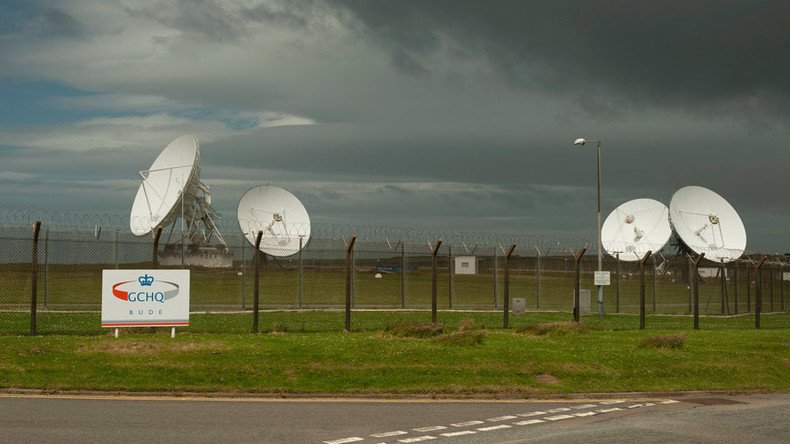
GCHQ’s legal framework, under which it carries out equipment interference (EI), is fully compatible with human rights law, the Investigatory Powers Tribunal (IPT) has ruled.
The IPT examined a lawsuit brought by Privacy International and a group of seven internet providers who challenged ten elements of the surveillance agency’s EI network, focusing on its adherence to the European Convention on Human Rights.
On Friday morning, the tribunal announced it had ruled in favor of GCHQ and the Foreign Office, saying their methods for interfering with equipment had always been legal.
Foreign Secretary Philip Hammond welcomed the ruling, saying the ability to tap into computer networks was “crucial.”
Equipment interference, also known as Computer Network Exploitation (CNE), allows government spies to bypass encryption services to gain access to information sent from devices such as phones or computers, as well as servers or networks.
The ruling will give the government a much-needed boost after its Investigatory Powers (IP) Bill, which aims to legalize spying practices, was dealt another blow Thursday when a committee of MPs said the legislation was “flawed.”
Speaking after the IPT judgment, Hammond said the ruling was fair and took into account invasive actions which are necessary for British security.
“I welcome the IPT ruling and its judgment that a proper balance is being struck between the need to keep Britain safe and the protection of individuals’ privacy. The ability to exploit computer networks plays a crucial part in our ability to protect the British public.
“Once again, the law and practice around our Security and Intelligence Agencies’ capabilities and procedures have been scrutinized by an independent body and been confirmed to be lawful and proportionate.”
He said the IP Bill would give spy agencies the powers they need.
“The draft Investigatory Powers Bill will further strengthen the safeguards for the Agencies’ use of these powers, including a new double-lock authorization process. It will provide our Security and Intelligence agencies with the powers they need to deal with the serious threats our country faces, subject to strict safeguards and world-leading oversight arrangements.”
The joint committee report condemning the IP Bill is the third such document to criticize the legislation in as many weeks, and will force Home Secretary Theresa May to reconsider many aspects of the proposed law. The bill was initially introduced to improve transparency in the wake of NSA whistleblower Edward Snowden’s revelations on mass surveillance.
The latest report makes 86 recommendations for the Home Secretary, which focus on making sure the spying powers are workable and understood by those affected, as well as making sure there are appropriate safeguards.
